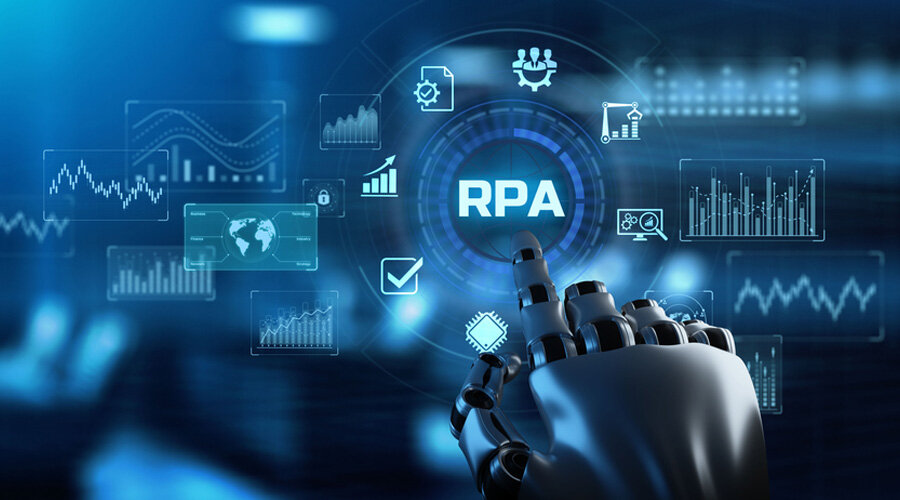
 Working with a data scientist, an RPA developer can simplify a lot more critical procedures than operating alone
Working with a data scientist, an RPA developer can simplify a lot more critical procedures than operating alone
Robotic Process Automation and data science have had a mutually beneficial and completely equal relationship. RPA bots could perform punctual behavior with the aid of insights gained from data science’s advanced analytics, giving the bots more knowledge and business relevance.
RPA’s automation, on the other hand, has recently progressed into the domain of data science. This is part of a larger trend toward data science digitization, which includes self-service analytics tools, machine learning, and visual frameworks for building predictive models.
RPA’s effort is aided in two ways, in particular. The first entails a variety of AI techniques such as deep learning, natural language processing, and computer vision. RPA can also be used to automate key aspects of the predictive model development process, such as choosing the best algorithm for completing work processes and implementing it.
This advancement would allow RPA to expand and diversify into data science, providing business user with the best data to help them perform their duties more effectively and genuinely revolutionizing AI.
Let’s have a look at what data scientists and RPA developers do
The primary responsibility of a data scientist is to manage and analyze vast amounts of data using custom-designed analytic tools so that stakeholders can make rational business decisions. A data scientist usually performs a variety of tasks. However, there are some basic responsibilities:
- Huge volumes of unstructured and structured data are gathered and transformed into a more readable format.
- Uses a variety of programming languages to reap benefits and insights from the data, such as SAS, R, and Python.
- Distinguish data trends and patterns that could help a company become more profitable.
- Utilizing data-driven approaches to find solutions to business problems.
RPA Developers assist businesses in the design, development, and implementation of robotic process automation (RPA) systems. They set up and evaluate automated business activities using various automation tools such as Automation Anywhere and UiPath. They are responsible for a variety of tasks for the company, including:
- Develop the automation functions in acco` q1ardance with the company’s organizational needs.
- Trying to resolve automation-related issues by coding and scripting with any RPA tools.
- Provide experience in device architecture and integration.
- Using tools to configure the most recent automation.
Rise of RPA developers and Data scientists as a team
Usually, the two teams that can solve different complex data problems, namely RPA developers and Data scientists, do not collaborate. Data scientists and RPA developers have compatible skill sets. New workflows that exploit both can be configured with the right management. When this happens, it is possible to scale machine learning more quickly, free up data scientists for more challenging tasks, train RPA developers, and make effective use of both teams in terms of business outputs.
The benefits that RPA developers and data scientists can provide to companies are broader than the amount of their sections when leaders bring them together. Working with a data scientist, an RPA developer can simplify a lot more critical procedures than operating alone, and a data scientist collaborating with an RPA developer can work quicker and concentrate better than it has ever been.
Even, if managers can bridge the divide between these teams, they can uncover huge opportunities for their businesses. To do that, managers must make it possible for data scientists to convey their needs to RPA developers and for all teams to work together to produce better results on complex issues.

You must be logged in to post a comment.